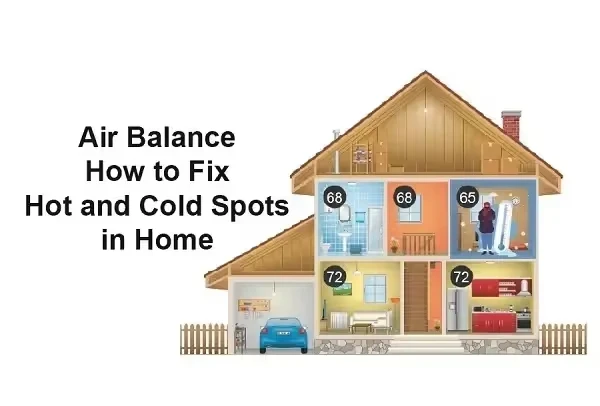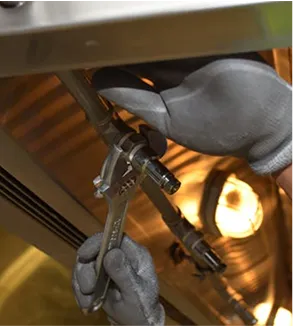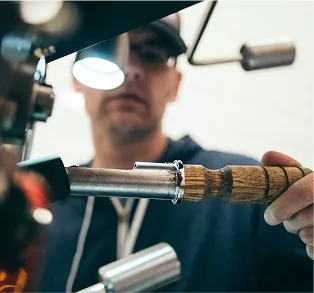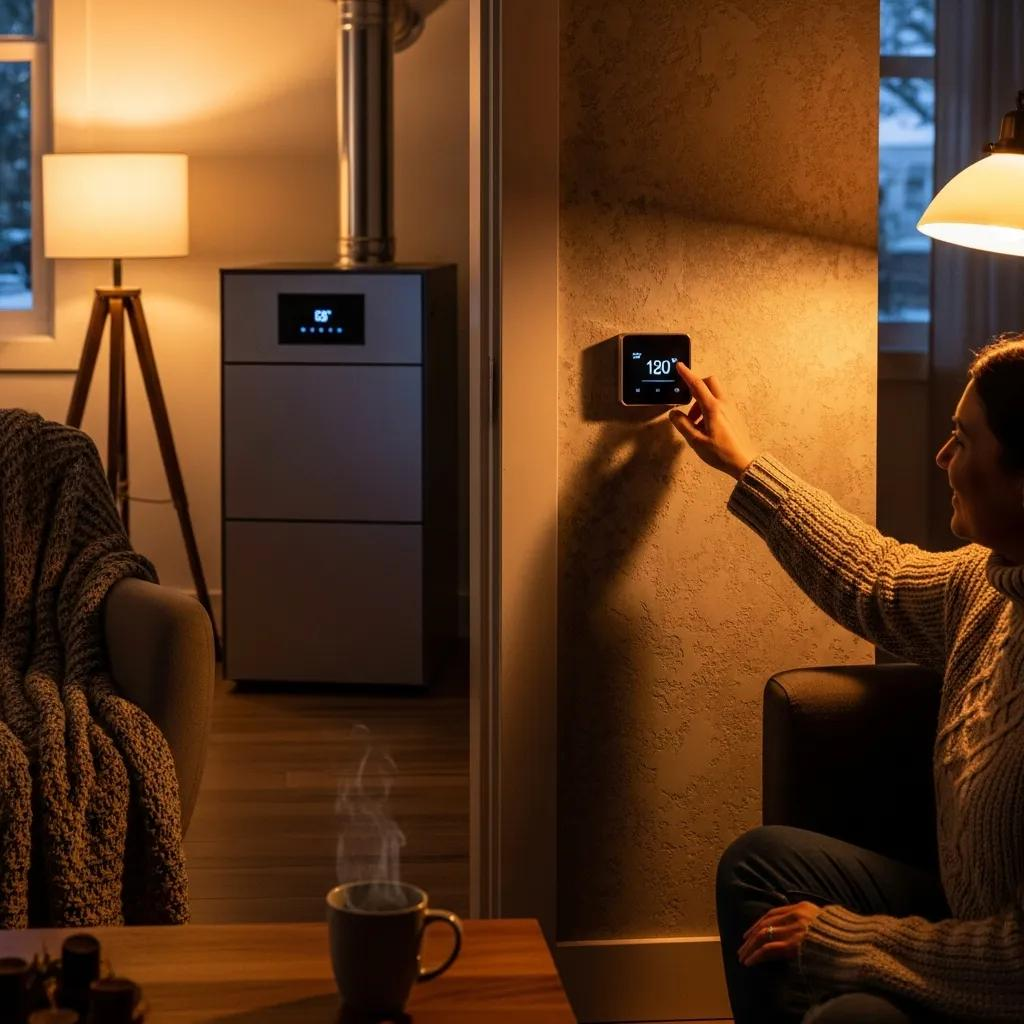
Solved: Upstairs Is Hotter or Colder Than Downstairs

Your entire residence should be a sanctuary that’s warm and toasty in the winter season and cool and comfortable in the summer. However, owners of some multi-level residences find the upper floor is stubbornly hotter or colder than the main floor.
This could merely be because most thermostats in a house are on the main floor, which is where people spend the the majority of time—in the living room, kitchen, etc.—so it makes sense to set the temperature according to how it feels on the first floor.
However, temperature differences between the upstairs and downstairs could also be because of issues with your HVAC system. Some of these issues can be sorted out relatively quickly while others might call for more extensive and costly fixes. Here, the specialists at Southeast Heating & Cooling will help you figure out why the upstairs of your home is hotter than downstairs, or vice versa.
Why Is My Upstairs So Hot?
The phenomenon of the upstairs of a two-story home getting hotter than the downstairs can be attributed to several factors. Number one, heat rises, so it’s common for the second floor of a home to get hotter than the first floor. Insufficient insulation in the attic or roof can worsen this problem by allowing heat transfer from the roof into the upstairs rooms.
Another common reason is that the air conditioner is not powerful enough to cool the entire home, causing it to fight to cool the upstairs sufficiently.
To deal with these issues, homeowners could put in additional insulation in the attic and make sure their home has sufficient ventilation. If there’s a possibility the air conditioner is the correct size for the home, call an experienced HVAC company like Southeast Heating & Cooling inspect the unit. A skilled professional also can help locate a unit that's better suited for your home if you are considering air conditioning installation or replacement.
Why Is My Upstairs So Cold/Not Heating?
When the downstairs of your home is warm, but it’s freezing upstairs, that could result in a frosty night for anyone whose bedrooms are on the upper floor. The most prevalent causes of an upstairs not heating like it is supposed to are the insulation levels and the ductwork.
Inadequate insulation allows cold air to leak through the home’s attic or walls and contribute to heat loss, causing colder temperatures on higher floors. It’s important to make sure your home has a deep, level layer of insulation in the attic and adequate insulation in the walls to keep the cold out and the heat inside.
The ductwork in a home plays a critical role in circulating conditioned air throughout different locations of the building. However, troubles with the ductwork can contribute to the upstairs being colder than the downstairs. A common explanation for this is improper airflow balance. The ducts may not be the right size or configuration, resulting in an uneven distribution of air between the floors. This can cause more warm air to go downstairs, causing insufficient airflow—which is the heated air—on the upper level.
Another factor with ductwork is the layout of the supply and return vents. If there are fewer vents on the upper story or they are not correctly placed, it can reduce air circulation and cause inferior heating or cooling. In addition, leaks or gaps in the ductwork can cause air loss, decreasing the overall efficiency of the HVAC system and exacerbating the temperature difference.
To find out why the upstairs is colder than the downstairs, homeowners should have their ductwork inspected by experienced professionals like the team at Southeast Heating & Cooling to identify any imbalances, leaks or inadequacies. Sealing leaks and putting in additional vents or adjusting existing ones can help improve airflow and ensure a better temperature balance between the upstairs and downstairs.
How You Can Fix a Hot or Cold Upstairs?
If your upstairs is hotter or colder than the lower floors of your home, an HVAC zoning system could be an effective solution.
An HVAC zoning system separates the household into distinct zones, which each have their own thermostat and damper system so the homeowner can control the heating or cooling of each zone.
This system can be particularly beneficial in instances where the upstairs of a multi-story home is very hot or too cold while the main floor is comfortable. By implementing a zoning system, homeowners can regulate the temperature independently in each zone, making it possible for them to address specific hot or cold spots easily.
To discover more about an HVAC zoning system in Sugar Hill, call Southeast Heating & Cooling. We’ve designed and installed customized home comfort plans for many community members and are happy to show how an HVAC zoning system could enhance the comfort in your home.
Why Is My Upstairs So Humid?
In addition to the upper story being hotter or colder than the rest of the house, another challenge in multi-floor homes is when the higher levels are more humid than the lower level.
A common cause for excess upper floor humidity is poor ventilation on the upper floor, which can cause higher humidity levels. As is often the case with temperature differences between floors, inadequate insulation or sealing in the attic or walls may allow warm, humid air from outdoors infiltrate the upstairs rooms. Plus, if there are any leaks or plumbing problems on the upper floor, that can also lead to extra moisture in that area of a home.
To correct humidity problems, homeowners can improve ventilation by getting fans or opening windows to promote airflow. Appropriate levels of insulation in the attic and better sealing the attic and walls can help stop external moisture from entering the upstairs. Finding and repairing any leaks or plumbing issues is also extremely important.
Depending on the levels of moisture found in the home, a whole-home dehumidifier could be another worthwhile tool to manage humidity on the upper and lower floors.
Related Blogs
Customer Testimonials


Financing


Latest Blogs

Ultimate Guide to Home Heating Solutions & Systems

Why Proactive HVAC Maintenance Saves You Money & Headaches

Troubleshooting Common Furnace Issues









